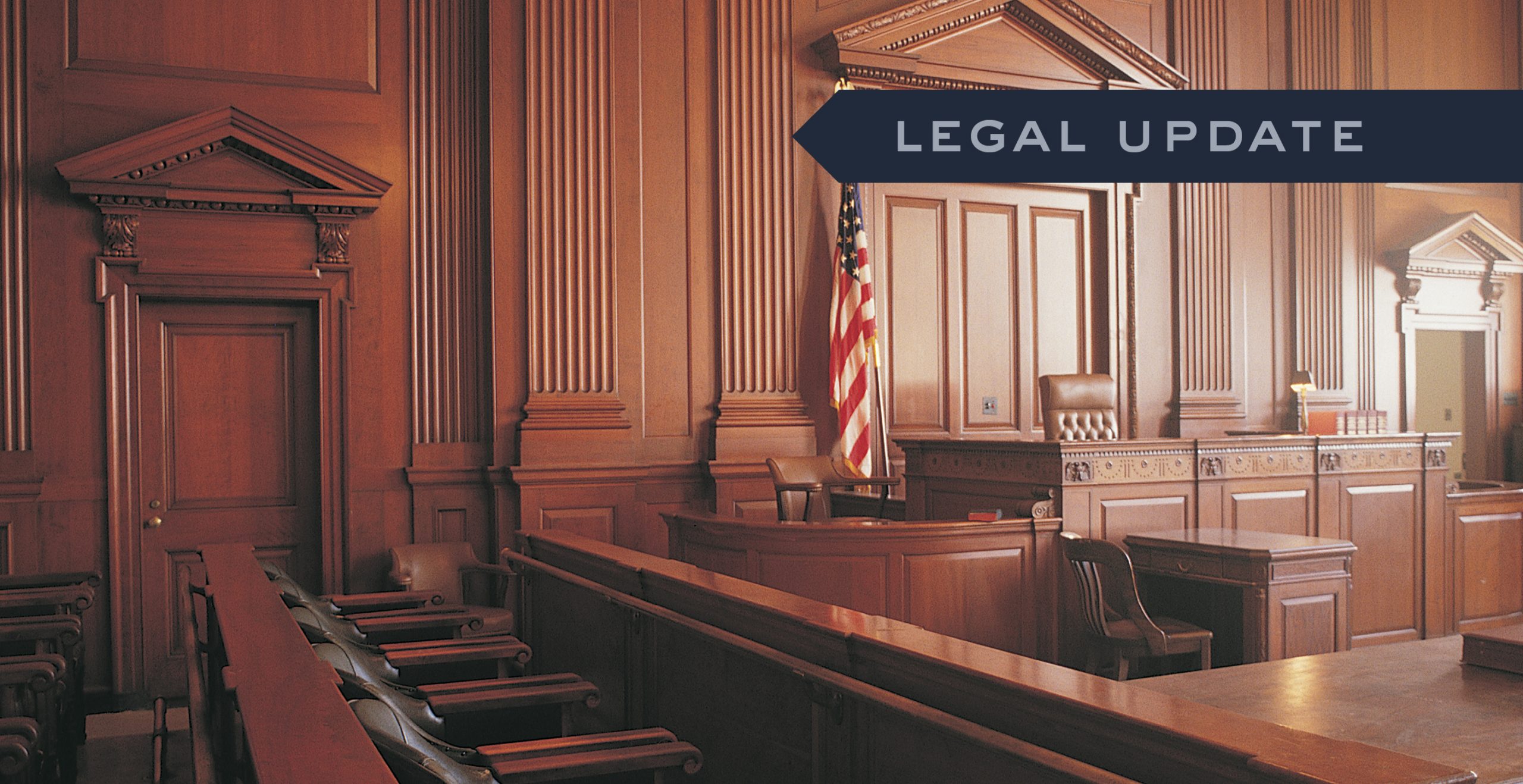The Twin Cities of Minnesota rank ninth on the American Tort Reform Foundation’s (“ATRF”) 2018 Judicial Hellholes Watch List ®. The ATRF defines a “Judicial Hellhole” as a United States jurisdiction in which judges in civil cases systemically apply laws and court procedures in an unfair and unbalanced manner; generally to the disadvantage of defendants. While this sounds concerning on its face, it should not dissuade defendants from trying cases in Minneapolis and St. Paul. On the contrary, Minnesota comparatively remains a conservative jurisdiction. However, as with any jurisdiction, there are certain triggering factors that are known to inflame jurors in the Twin Cities. These factors can motivate very large verdicts, sometimes referred to as “nuclear verdicts,” that make headlines, and often create a fear in defendants of taking a case to trial.
Here are the ATRF’s rankings of the so-called “Judicial Hellholes”:
(1) California,
(2) Florida,
(3) New York City,
(4) St. Louis,
(5) Louisiana,
(6) Philadelphia Court of Common Pleas,
(7) New Jersey,
(8) Madison and St. Clair Counties, Illinois, and
(9) The Twin Cities.
The perception of the Twin Cities as a “Judicial Hellhole” results in large part from Minnesota’s reputation as a blue state. However, this is far from a new development in Minnesota’s politics. Minnesotans have historically valued things such as healthcare, public education and infrastructure, and outdoor recreation, an interest that favors public parks and waterways, and opposes widespread land development. Minnesotans’ support of these public interests caused the Twin Cities to be included in the Top Ten U.S. News Best Places to Live Rankings, and has also caused Minnesotans to historically vote for Democratic initiatives and candidates. Since 1948, Minnesotans have voted for fifteen Democratic presidential candidates, compared to only three Republican candidates, and elected sixteen Democratic United States senators, and only nine Republican senators.
This trend led to election of Democrat Governor Mark Dayton in 2011. Governor Dayton replaced a Republican, Tim Pawlenty, and passed several pieces of legislation over his eight years in office that contributed to Minnesota’s image as a blue state. One of Governor Dayton’s most recent and well-known acts in office, which is sometimes referred to as the “Veto Triple Play,” played a major role in the Twin Cities being listed as “Judicial Hellhole” in 2018. In 2017, Governor Dayton vetoed three tort reform bills. The first would have codified that landowners owe no duty to protect trespassers beyond the limited exceptions in Minnesota common law at the time. The second bill would have lowered prejudgment interest in tort cases. Finally, the third bill would have allowed defendants to introduce evidence that plaintiffs claiming injuries from motor vehicle collisions were not wearing seatbelt at the time of the collisions in issue. Governor Dayton vetoed a similar tort reform bill in 2012. That bill would have lowered the statute of limitations in personal injury cases from six to four years, limited contingency fees in tort cases, placed further restrictions on class certification, and lowered prejudgment interest in personal injury cases. Governor Dayton’s pro-plaintiff vetoes played a major role in the ATRF’s decision to list the Twin Cities as a “Judicial Hellhole.”
The ATRF also considered so-called “nuclear verdicts” against corporate defendants in both Minneapolis and St. Paul. “Nuclear verdicts,” where juries award tens, even hundreds, of millions of dollars to plaintiffs in personal injury and wrongful death lawsuits, have discouraged defendants from taking even meritorious claims to trial. Defendants, particularly corporations, or other defendants with “deep pockets,” often see settlement as a more predictable, and thereby safer, option than trial.
The Twin Cities rank as the ninth “Judicial Hellhole” does not represent a sea change in the evaluation of cases, nor does it suggest that cases should be settled, rather than defended on the merits at trial. On the contrary, adopting such a strategy in the past has backfired and caused the plaintiffs’ bar to demand larger and more unreasonable amounts to settle claims short of trial. It is important to consider the sociopolitical demographics of the Twin Cities, as well as potential inflammatory facts and circumstances that exist in each respective case. It is also important to recognize that “nuclear verdicts” are statistical outliers that occur in every jurisdiction and are rendered in egregious cases.
As in any jurisdiction, defendants in the Twin Cities should continue to carefully consider which cases should be taken to trial, and which should be settled; but, defendants should not be dissuaded from continuing to defend meritorious claims to verdict.
Contact attorney Kevin McCarthy at 651-312-6591 or email him if you have any questions about the information above. This alert is for informational purposes only.
LARSON • KING, LLP
30 East Seventh Street, Suite 2800
Saint Paul, MN 55101
agen slot online | slot online pulsa | judi slot online | slot online terbaik | daftar slot online | slot online terbaik | slot online resmi | login sbobet | sbobet wap | judi bola online | joker123 apk | situs joker123 | casino online terpercaya | casino online terbaik | login sbobet | slot online | agen sbobet resmi | judi slot | live slot | togel online terpercaya | Idn Poker online | joker123 | sbobet | situs judi slot | agen slot online | slot online terlengkap | slot online terpercaya | slot online terbaik | sbobet resmi | daftar joker123 | agen sbobet resmi | poker online resmi | idn poker terpercaya | situs sbobet terpercaya | agen slot online | agen sbobet | sbobet | slot online | idn poker | joker123 | slot online | togel online | sbobet mobile | poker online terpercaya | slot online | Judi slot online | sbobet | idn poker | togel online
